When Tommy Dorfman hit the Vanity Fair Golden Globes party earlier this year, he did so rocking a gold slip dress over a classic white tee. "I always hated that clothing was gendered when I was young," Dorfman says.
With classic Hollywood looks, Dorfman could have easily skated into a career of traditional hunky lead roles, avoiding political statements and having a great career on The CW. But then he wouldn't be, well, Tommy Dorfman.
Dorfman, who identifies as gay and non-binary, represents something new in Hollywood. Being out as gay from the start of his career -- something that used to be a career killer -- has propelled him forward.
Dorfman received his first major acting accolade, the Lavender Award for outstanding contributions to LGBTQ film, at the 2017 OUTshine Film Festival in Fort Lauderdale, Fla. The actor, who grew up in Atlanta and came out when he was 14, says, "I think it's really important to be vocal in the South, within these communities, so it was meaningful for me to accept the Lavender Award for being an outspoken member of the community."
Dorfman also seeks to draw attention to the HIV epidemic impacting the South, "especially as the age of gay men acquiring the disease keeps getting younger and younger." Though Dorfman says it was a "privilege" to help host AIDS Walk New York (with "some of my heroes -- Denis O'Hare, Javier Munoz, and Zachary Quinto"), his advocacy goes deeper than celeb-filled events. He's made it a point to talk about HIV to young gay men whenever and wherever he can. For Dorfman, it's personal.
"I actually had a really good friend who tested positive when we were in high school. It shocked all of [our friends], so I've never been complacent."
He fears others, especially LGBT kids, may be. "The ways younger kids are hooking up [on apps] are happening in a vacuum of education -- especially in the South... there was virtually no sex education for gay kids growing up. Sex ed was basically pregnancy prevention, and their answer for that was abstinence. That's it."
Dorfman says that leaves a lot of gay youth having to figure things out for themselves, through clumsy trial and error and "from porn, which sets unrealistic expectations." He feels that this lack of sex education goes hand-in-hand with the higher prevalence of drug and alcohol use among gay teens: "I'm sober now, but I was partying a lot. Part of it was because gay bars felt like safe spaces. ... a place where you feel safe and comfortable in your own skin."
 The actor, who admits that he's "definitely an alcoholic," thinks one answer to combatting addiction is fostering genuine friendships -- being there for each other and having friends "who check you on your shit."
The actor, who admits that he's "definitely an alcoholic," thinks one answer to combatting addiction is fostering genuine friendships -- being there for each other and having friends "who check you on your shit."
"There's always been a youthful need to keep up, and FOMO is a real thing -- Fear of Missing Out -- and social media has just made it much worse," he says. "I do think some older people in the gay community could be better influencers for gay youth, better educators. I made it a point to be that person. Because we're not getting it at school, we're not getting it at the house because our parents don't know what to do with little gay kids, so we have to step up and be resources for each other."
Dorfman is quick to acknowledge that his career is possible because of the sacrifices and bravery of many before him. "Off the top of my head, Alan Cumming was probably my biggest inspiration, as an actor and as a queer person. Also John Cameron Mitchell, Matt Bomer, and Neil [Patrick Harris]." Though he relates even more to actor Denis O'Hare (of American Horror Story fame) "who's always been a little bit queer and didn't have the sort of big front page coming out, but was kind of quietly and publicly out."
Dorfman says queer actors face different challenges now, recalling he thought about de-queering his Instagram before making his debut.
"I could've deleted everything and hidden my husband in a closet and decided to go that route -- and I work with people who've done that. I work with gay people who choose to not to advocate for gay rights and choose to not be open about their sexuality... but I feel it's important to be outspoken, especially in the political climate we have right now."
Dorfman admits that he "had a lot of fear coming into this industry that anything I say would be used against me, that me being so publicly queer and genderfluid would be used against me," Dorfman recalls. "That being honest about my past would work against me and I would be sort of stuck in this box."
But he concluded, "I don't do well when I'm keeping secrets, from myself or others. At the end of the day, I can't stop being true to myself. And that freed me up and the roles started coming. And hopefully I've made it a little easier for everyone coming after me."
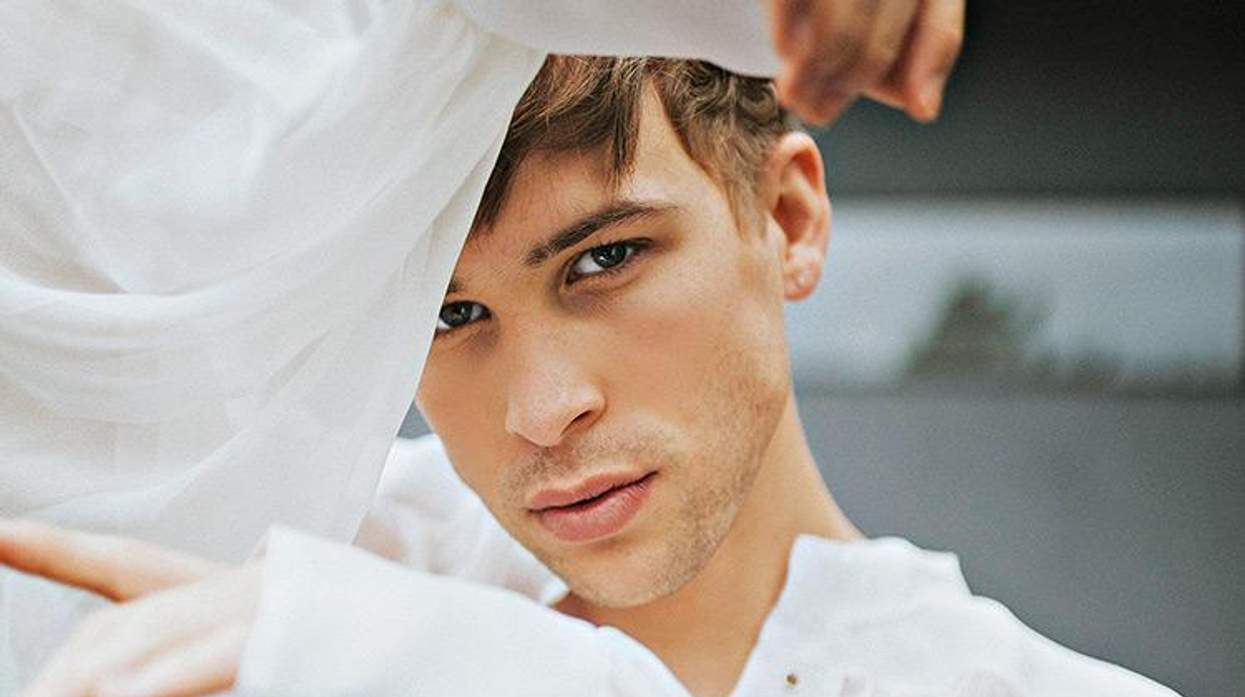

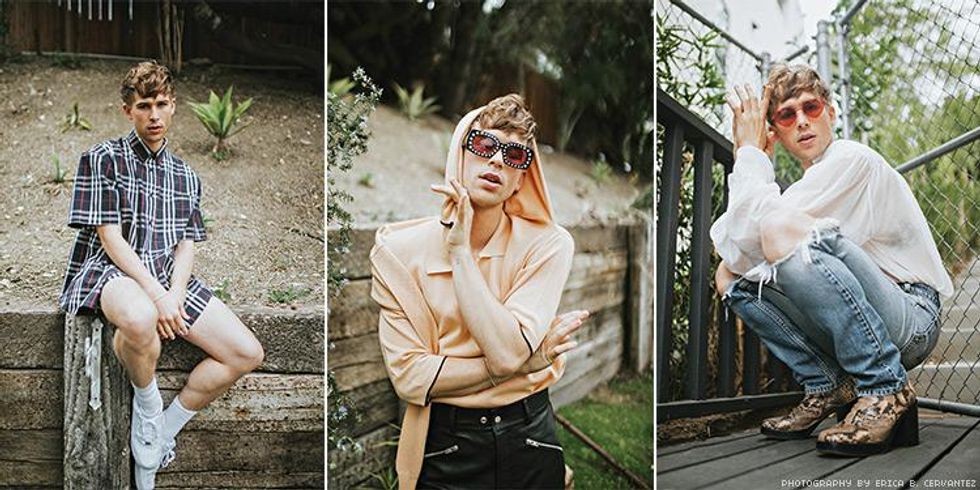 The actor, who admits that he's "definitely an alcoholic," thinks one answer to combatting addiction is fostering genuine friendships -- being there for each other and having friends "who check you on your shit."
The actor, who admits that he's "definitely an alcoholic," thinks one answer to combatting addiction is fostering genuine friendships -- being there for each other and having friends "who check you on your shit."












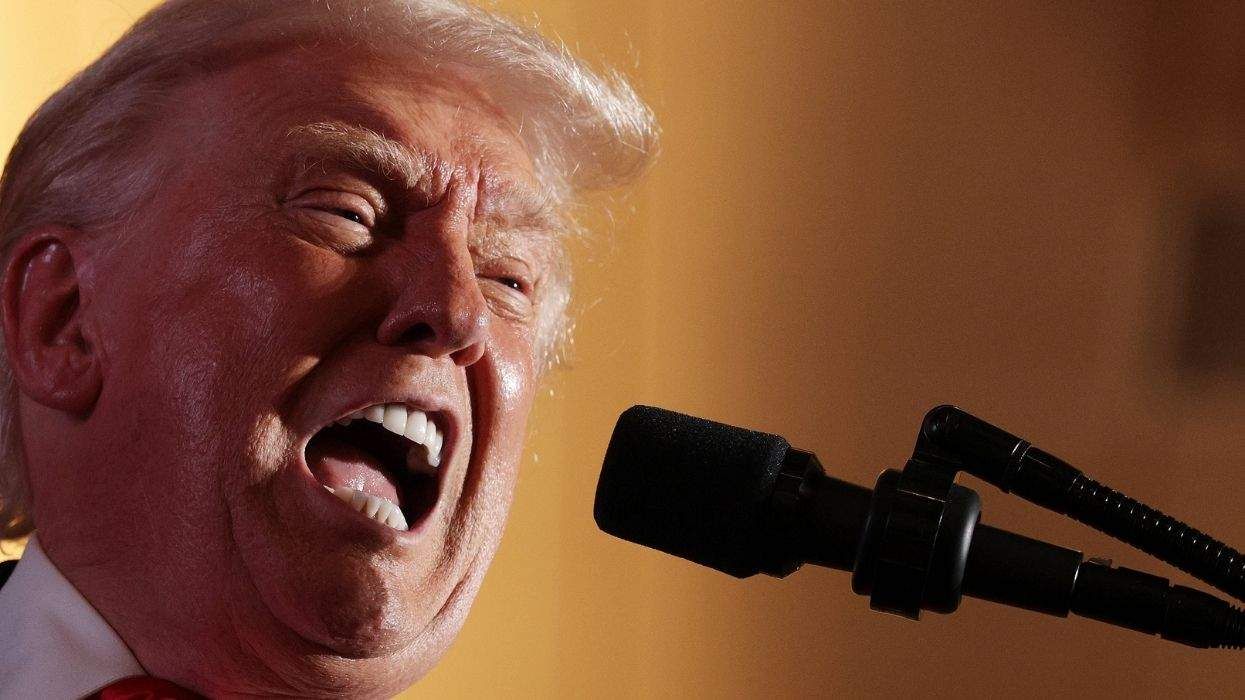

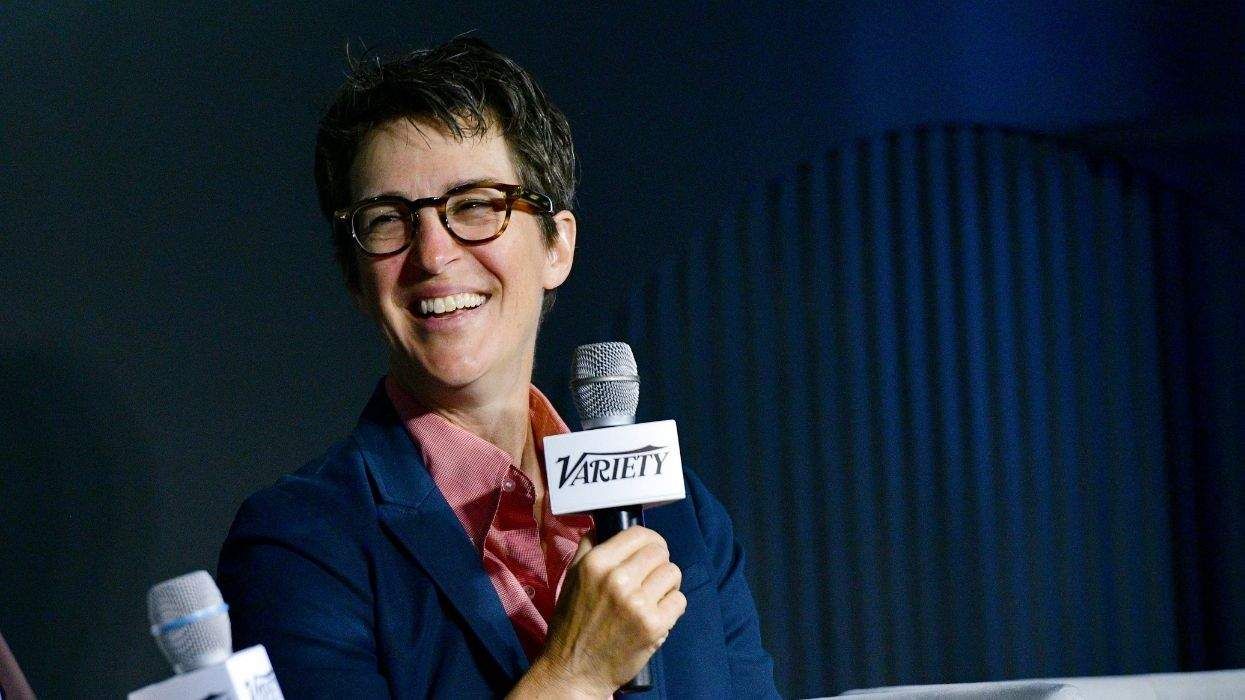
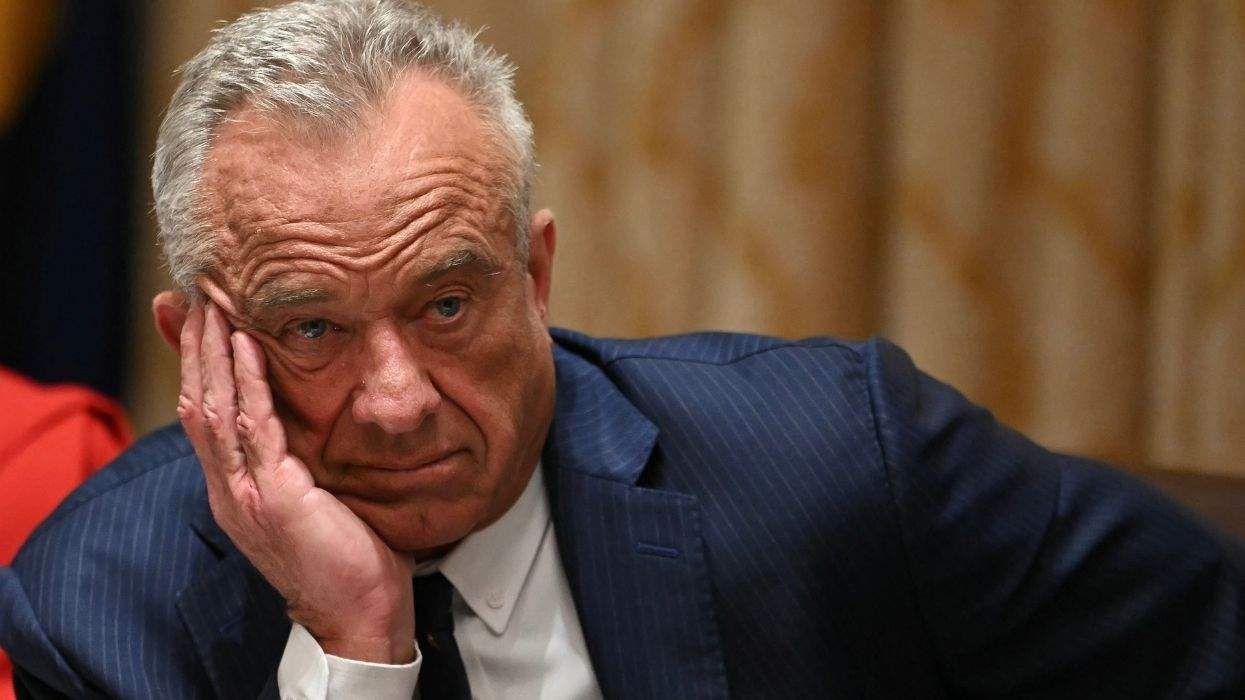

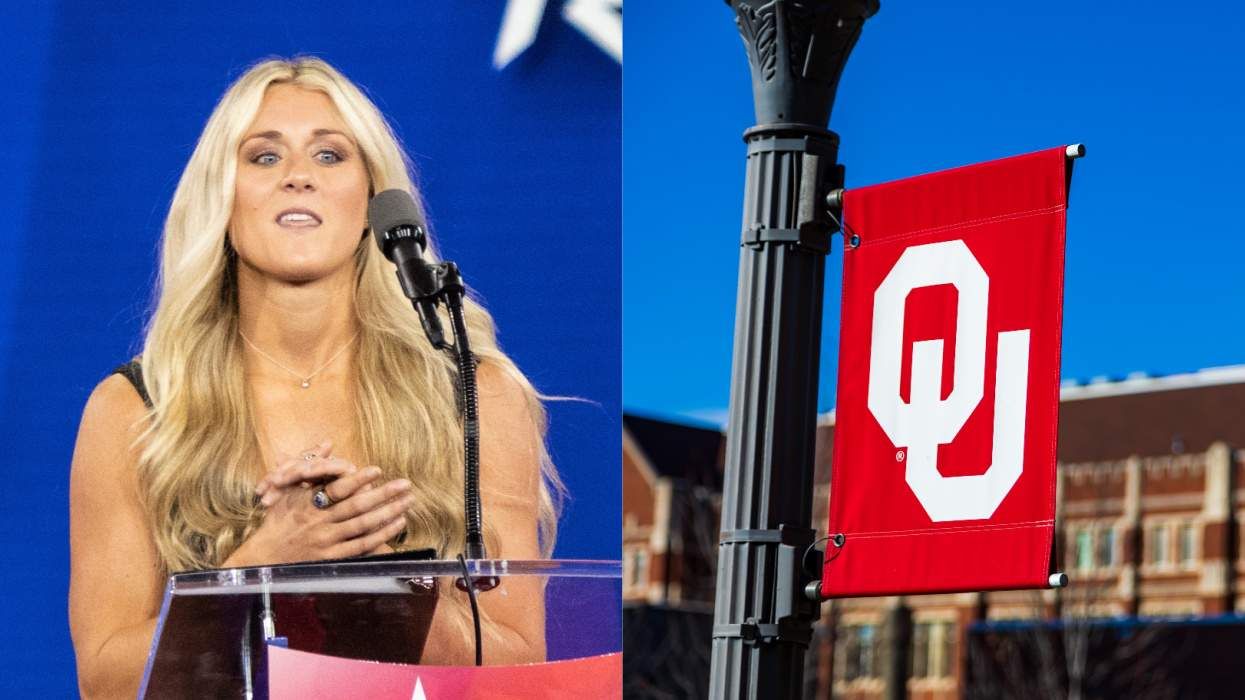
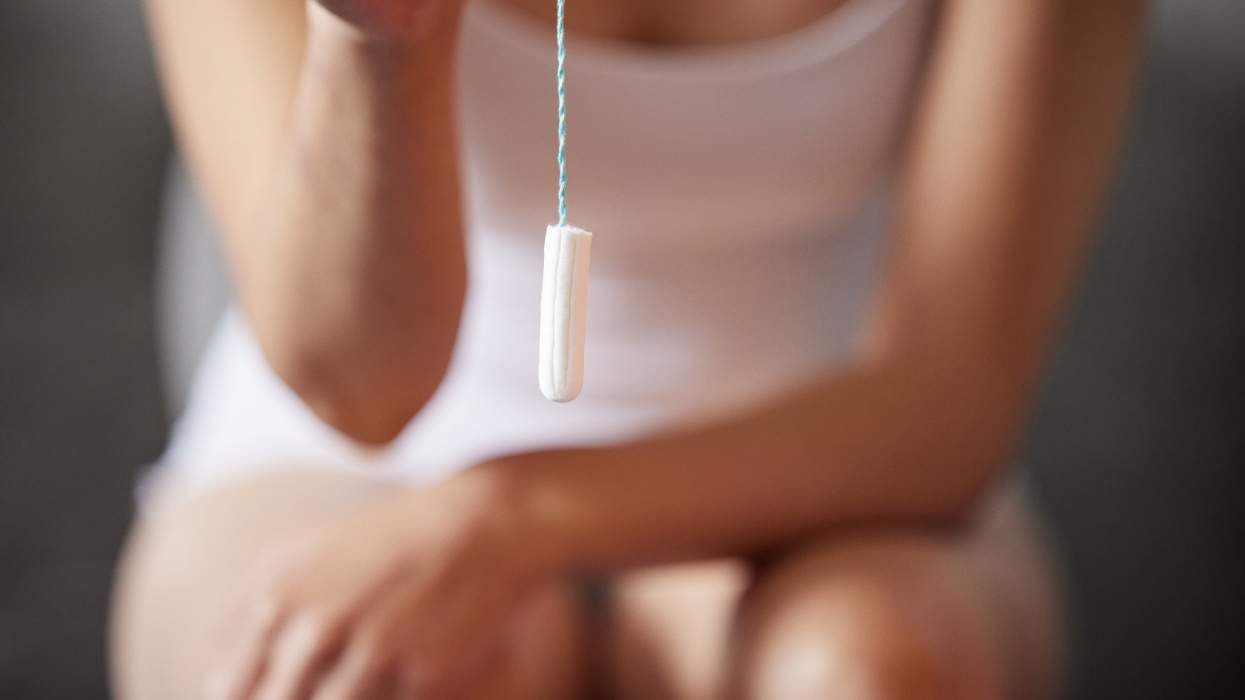

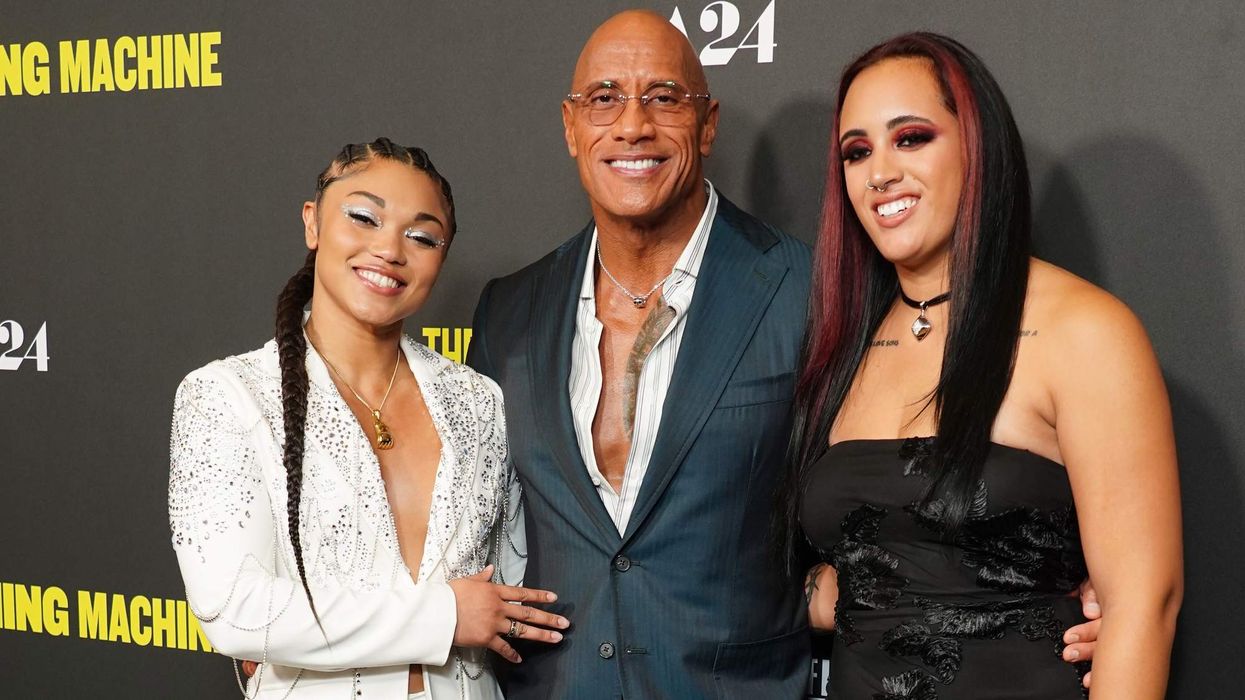
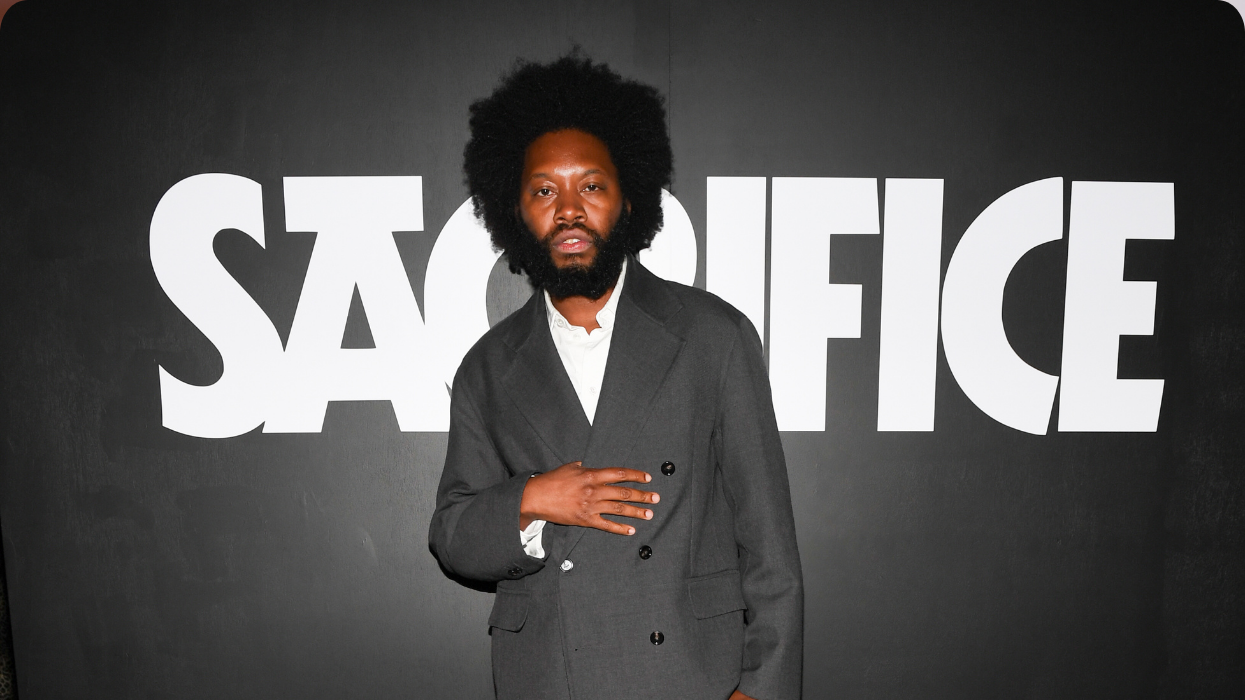
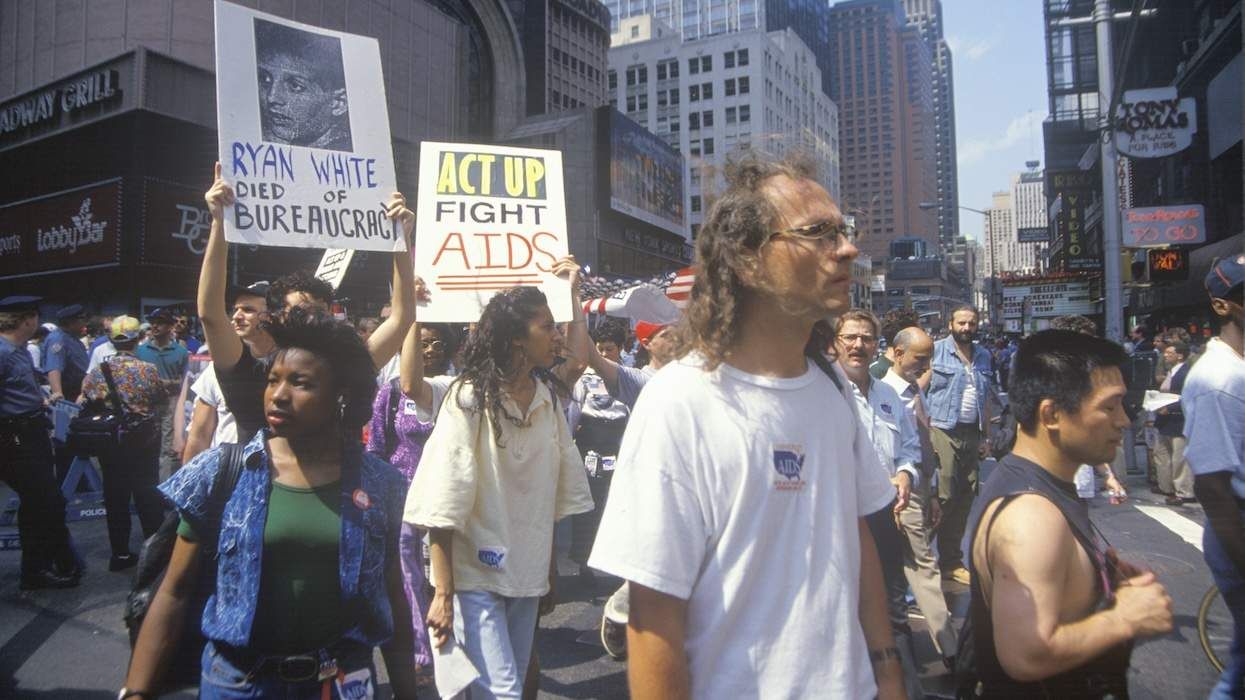

















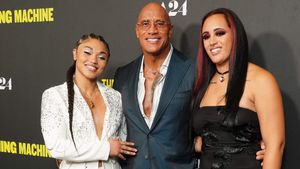



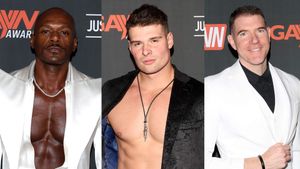





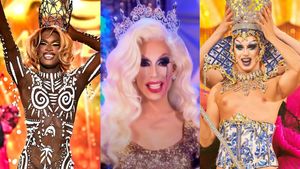











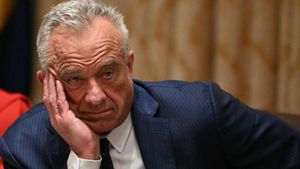


Charlie Kirk DID say stoning gay people was the 'perfect law' — and these other heinous quotes